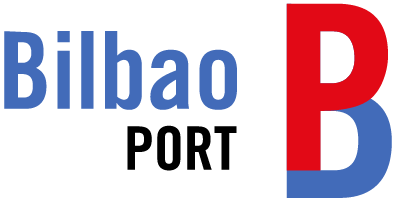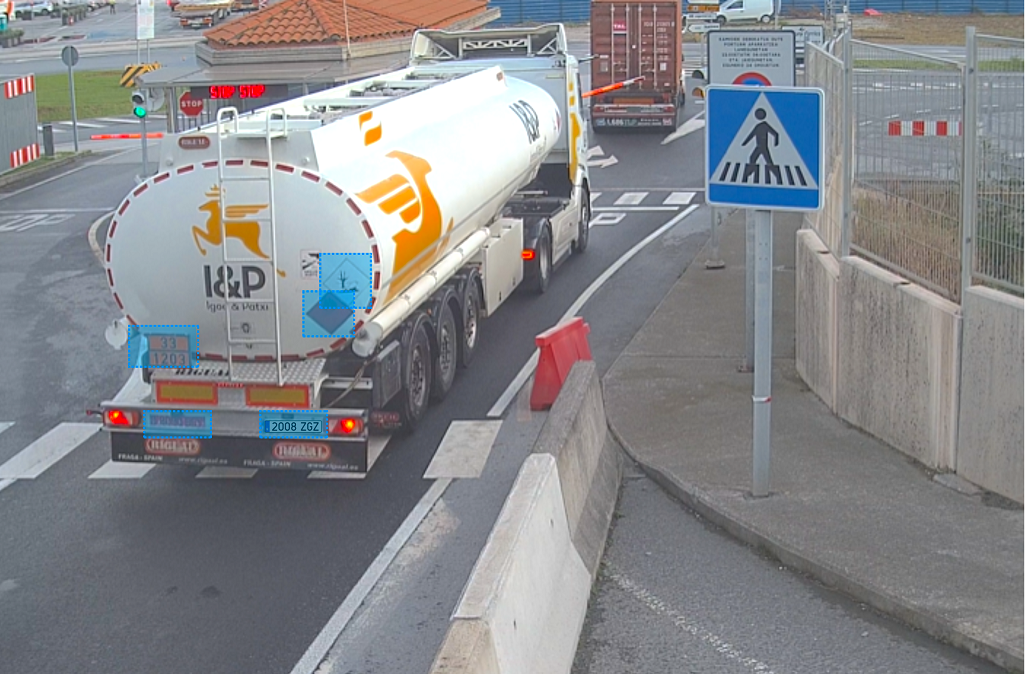The Bilbao Port Authority is extending its collaboration with AllRead, deploying the company’s artificial vision technology to automate most of the port’s road and rail entry points and, in so doing, achieving more efficient access control and real-time traceability of goods, vehicles and rail wagons. This collaboration further reinforces the port’s commitment to technological innovation and operational sustainability.
Innovation in practice
The Port of Bilbao is the main multimodal hub in the north of Spain and the fourth largest in the country. Handling an annual volume of freight traffic of some 32 million tonnes, the port’s capacity to adopt innovative technologies and continuously improve its freight management has positioned it at the leading edge of the sector. Coming shortly after the fifth anniversary of Bilbao PortLab, the innovation and research hub set up and promoted by the Bilbao Port Authority to position the port as a key player in the ecosystem of entrepreneurship and innovation, this partnership between AllRead and the Bilbao Port Authority is a testimony to the port’s commitment to innovation.
Automation in the Port of Bilbao
With an ever-increasing volume of vehicle and freight traffic, the Port of Bilbao, like many ports in Spain, finds itself faced with the need to modernise its access control and hazardous goods detection systems. This challenge is being met by the deployment of AllRead Agile Recognition Software (ARS), a system that not only captures key data such as container codes (BIC), vehicle number plates, hazardous goods plates and wagon codes (UIC), but which requires a minimum of infrastructure and takes full advantage of the benefits of Artificial Intelligence.
Software Deployment in the Port
Since 2020, AllRead OCR software has progressively transformed the port’s access points, starting with an initial two lanes and expanding to ten fully automated lanes. This solution has not only drastically reduced waiting times and eliminated manual processes, but has also streamlined operations and improved reading accuracy in challenging circumstances, such as damaged codes or adverse weather conditions.
Results
In the words of Iñigo Imaz, Head of Telecommunications and Cybersecurity at the Port of Bilbao, “the reduction of queues at road entrances to the port has led to shorter waiting times, which in turn has led to cost savings and lower levels of emissions. In addition, the automatic detection of hazardous goods optimises safety and compliance with protocols”.
Joao Oliveira, Operations Manager at AllRead, adds: “The project with the Port of Bilbao is a benchmark for us. We have been able to take advantage of the benefits of AI to scale up the solution and to address the different circumstances and particularities of each road or rail access point to the port”.
Another stand-out feature of AllRead’s system is its integration with port management platforms, such as Zutabeport, enabling barriers to be opened automatically and seamless interaction with safety and security systems. This level of automation not only optimises port operations, but also brings direct benefits to container terminals, which can anticipate the arrival of goods and organise their resources more efficiently.
About AllRead
AllRead is a software company specialising in OCR solutions for the port ecosystem. Since 2019, it has been providing solutions to help intermodal platforms monitor inbound and outbound containers by road, rail or container cranes. Using a patented Deep Learning (AI) based technology, AllRead offers a lightweight and cost-effective solution for ports of any size, removing financial and technical barriers to adoption.

 Port access
Port access